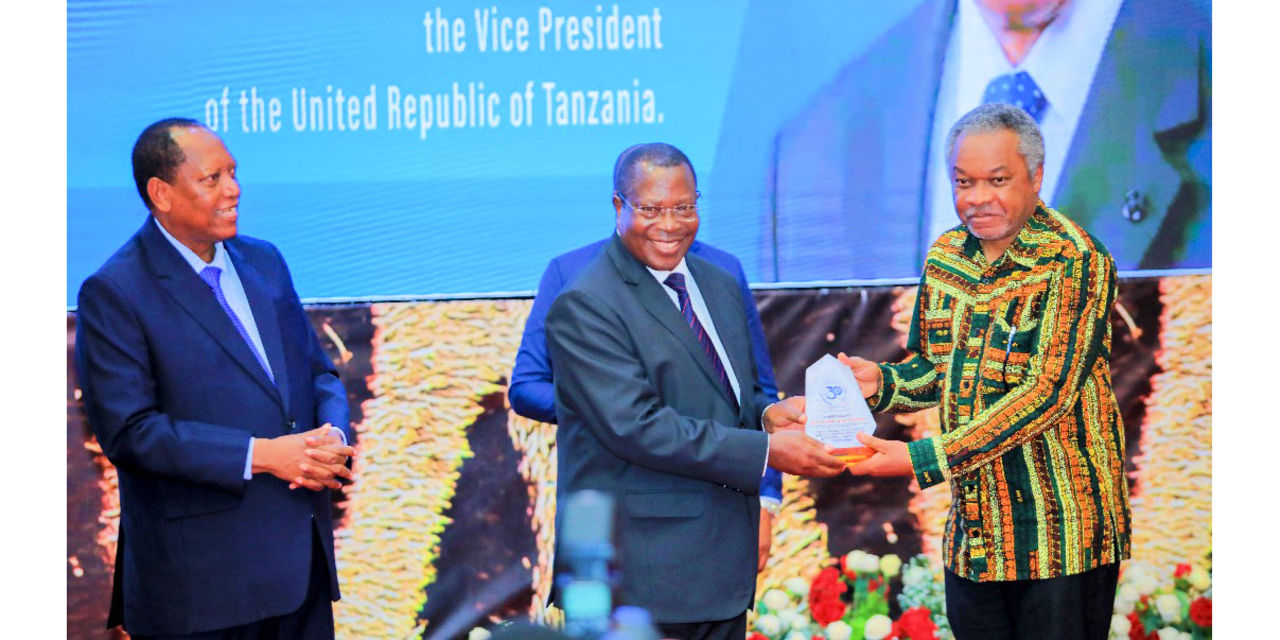Kenya has formally expressed concern over Tanzania’s recent decision to ban foreigners from operating certain small businesses, warning that the move could harm regional cooperation and violate East African trade agreements.
The ban, which targets 15 types of small-scale business activities including mobile money services, hair salons, small-scale mining, and media operations, has raised alarm among Kenya and other members of the East African Community (EAC).
Tanzania says the ban is part of its effort to protect jobs for its citizens and promote local economic empowerment.
Under the directive, foreign nationals found running the restricted businesses face up to six months in prison, a fine of around 10 million Tanzanian shillings ($3,900), and possible deportation.
Tanzanian citizens who help foreigners in these businesses could also be punished.
Kenya, a key trading partner and EAC member, has reacted strongly.
In a statement posted on social media, on August 1, 2025, Kenya’s Principal Secretary for East African Community Affairs, Caroline Karugu, said the move violates the EAC Common Market Protocol, which allows the free movement of goods, people, services, and capital between member states.
“The order undermines the core objective of regional economic integration and poses a significant setback to the gains made under the EAC Common Market Protocol,” Karugu said.
She added that she had written to the EAC Secretariat to request a formal review and response from the Tanzanian government.
There are hundreds of thousands of Kenyans currently living and doing business in Tanzania. Many of them work in sectors now affected by the ban.
The move has raised fears that Kenya or other neighboring countries could retaliate with similar restrictions, potentially sparking a trade and mobility dispute within the region.
While Tanzania has not commented on possible exceptions or review mechanisms, observers say the policy could strain diplomatic ties, disrupt cross-border entrepreneurship, and slow down progress toward deeper economic integration in East Africa.
The East African Community (EAC) is a regional economic bloc comprising eight countries: Burundi, Democratic Republic of Congo, Kenya, Rwanda, South Sudan, Tanzania, Uganda, and Somalia (as the newest member).
The Common Market Protocol, signed in 2010, aims to make the region function more like a single economic zone, where businesses and citizens can operate freely across borders.
Tanzania’s new restrictions appear to challenge this vision, and without mediation, could lead to legal or political disputes at the EAC level.
This growing tension between Kenya and Tanzania underscores the fragile balance between national policy and regional cooperation.
As more African countries work toward economic unity, national decisions like this one will continue to test the strength of regional alliances and shared commitments.



